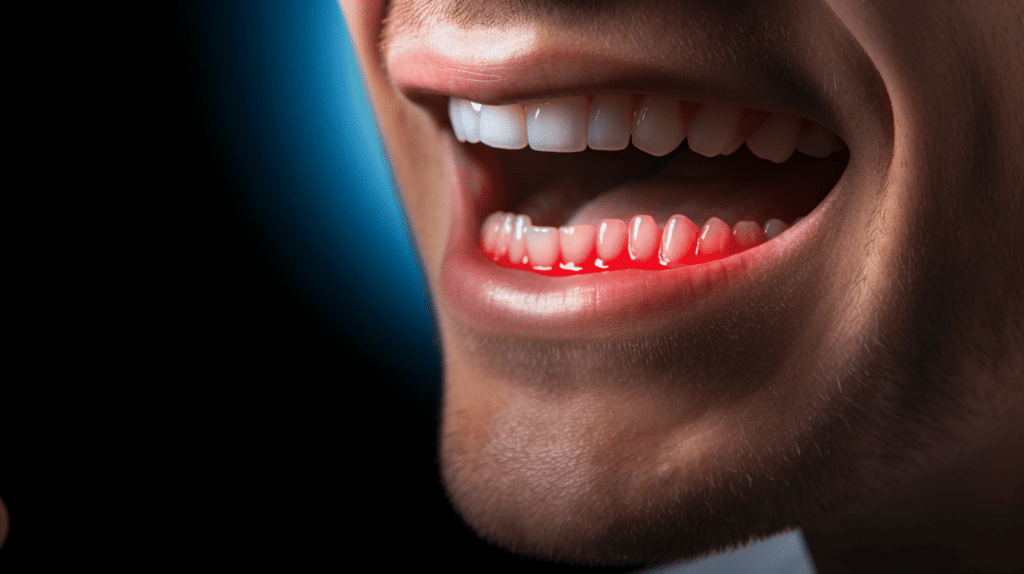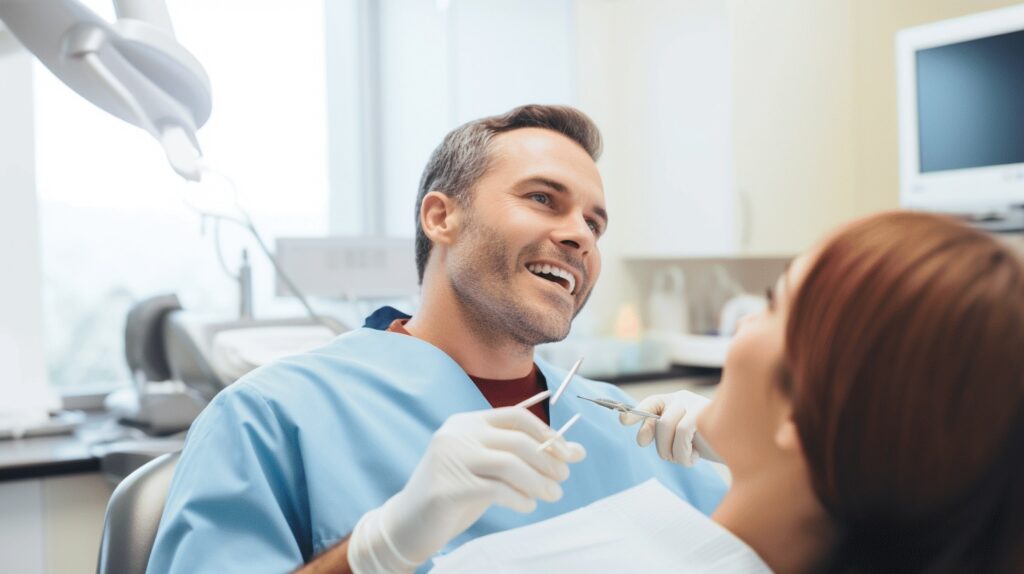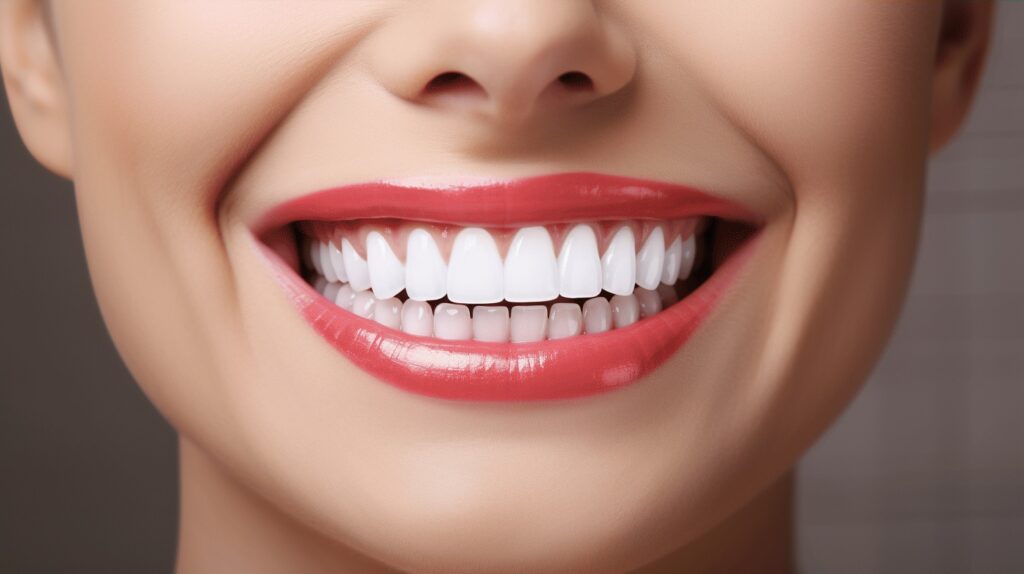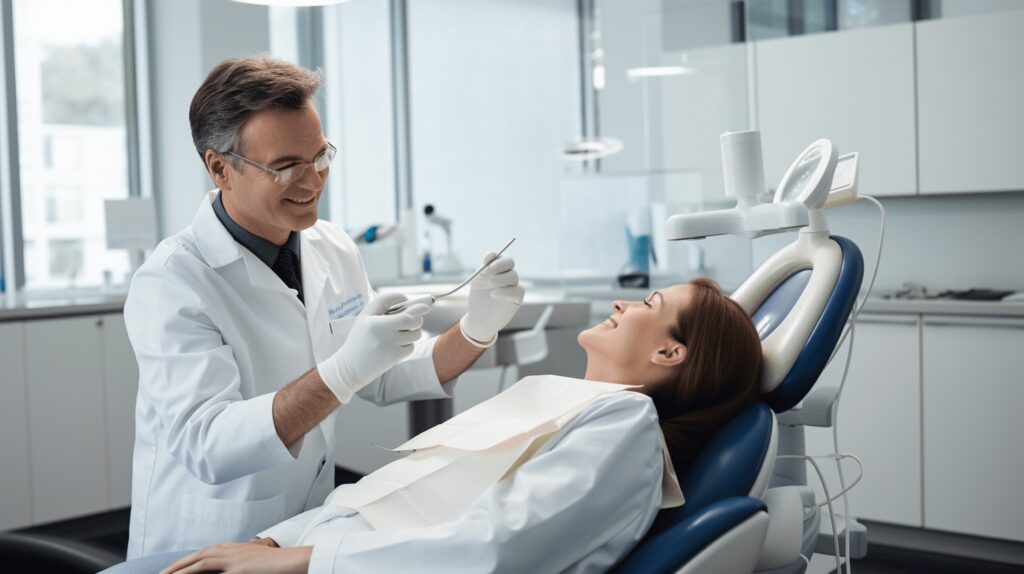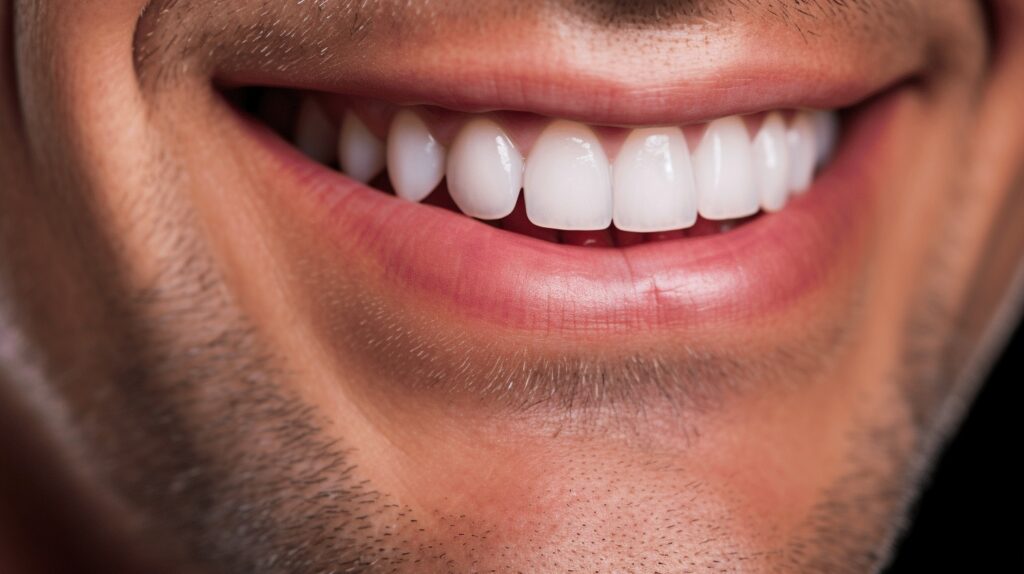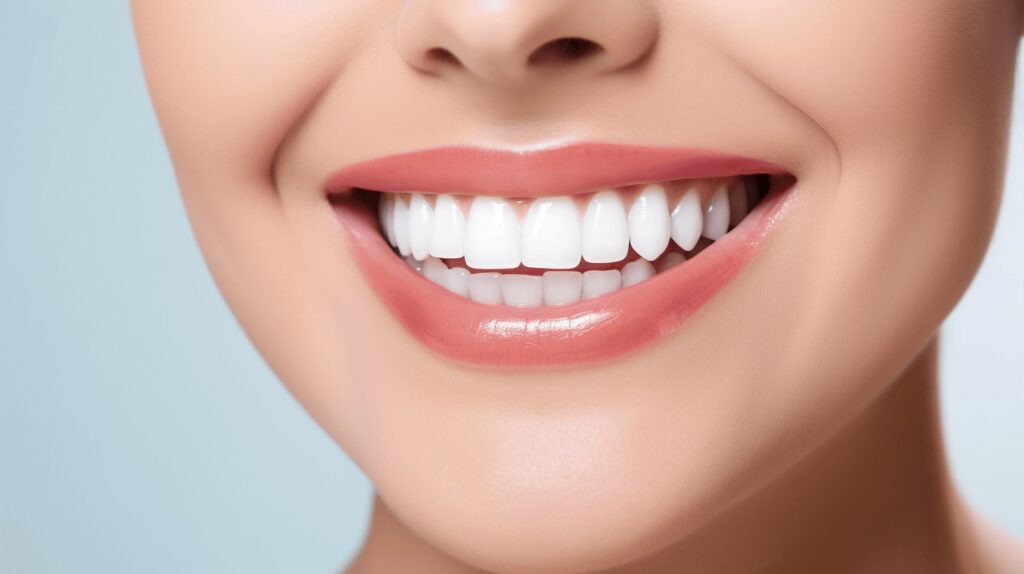Welcome, one and all, to the wonderful world of preventative dentistry! We know, ‘open wide’ quite possibly won’t be your favourite words of the day, but what if we told you that the field of dentistry is not only about managing oral issues you already have – it’s also about stopping them before they start. Sounds intriguing, right?
Let us break it down for you a little. Most people associate a trip to the dentist with something uncomfortable, a tad painful, and, let’s admit it, often fear inducing. But preventative dentistry focuses more on the adage “prevention is better than cure,” providing you effective solutions that can nip those oral troubles right in the bud. So, cozy up, grab a cup of tea, and let’s dive into the world of tooth-care that would make your future self, and your wallet, very, very happy. 😁
In subsequent sections, we’ll explore the basics and components of preventive dentistry. We’ll also get a glimpse of how lifestyle and nutrition matter and understand the shared responsibility between dentists and patients. So yes, stick around — because in the world of dentistry, prevention certainly holds the crown!
Table of Contents
Basics of Preventative Dentistry
Let’s kick things off with the answer to a common question we often ask: What actually is preventative dentistry? Breaking it down, preventative dentistry refers to the practice of caring for your teeth to keep them healthy. It’s about taking a proactive stance! It helps avoid cavities, gum disease, enamel wear, and more. Trust us, it’s a lot easier to prevent dental issues than to treat them, and we’re all about making things easier, right? 😊
Importance
While we’ve already emphasized how much easier it is to prevent rather than treat dental issues, it’s worth diving deep into the significance of preventative dentistry. A radiant, healthy smile isn’t just about looking good—it’s a crucial factor in maintaining your overall health:
- Healthier teeth: Regular preventative care, like proper brushing and flossing, helps maintain the health of your teeth and gums.
- Saves money: Investing in prevention now can save you significant cash later, by avoiding costly treatments required for serious dental issues.
- Prevents diseases: Gum disease is linked to heart disease, diabetes, and other chronic illnesses. Regular dental check-ups can detect these issues early or even help prevent them.
Methods
Alright folks, it’s time to break down the various methods of preventative dentistry.
- Brushing: Yes, we’ve heard it since we were little, but it bears repeating. Brush your teeth at least twice a day with a fluoride toothpaste. And don’t forget to replace your toothbrush every three months or when the bristles are frayed.
- Flossing: Floss every day. It removes the plaque and food particles your toothbrush can’t reach. This way, cavities won’t even get a chance to start. Brilliant, right?
- Dental Cleanings and Exams: Visiting your dentist for a professional cleaning and check-up twice a year is the best way to ensure any potentially troublesome dental issues are caught early before they can turn into major complications.
- Nutrition: It’s not just about what you do with your mouth, but what goes into it. Eating a balanced diet helps prevent cavities and gum disease.
Incorporating these practices into your daily routine can lead to significant improvements not only in your oral health, but also in your overall wellbeing. So, let’s embrace preventative dentistry, because a little prevention truly does go a long way!
Components of Preventative Dentistry
Have you ever heard the saying, “Prevention is better than cure”? 🌟Well, in the world of dentistry, this rings truer than ever. Dental health issues can be challenging to address once they occur, leading to uncomfortable procedures and sometimes contracting avoidable infections. Therefore, preventative dentistry becomes pivotal in maintaining optimal oral hygiene and avoiding potential dental, oral and periodontal issues.
In this article, we explore the essential components of preventative dentistry that you need to know about.
Regular Cleaning
A cornerstone in the structure of preventative dentistry is the regular cleaning of your teeth. While daily brushing and flossing at home are crucial, professional cleaning by a qualified dental hygienist goes the extra mile 🏃♀️💨. This procedure involves the removal of plaque and tartar, which if left unchecked, could lead to gum disease and cavities.
- Frequency: Aim to schedule a professional cleaning twice a year.
- Benefits: Removes hard-to-reach plaque and tartar, freshens breath, and can help to brighten your smile.
Routine Inspections
Another important aspect of preventative dentistry involves routine check-ups.
- During a regular dental check-up, your dentist will examine your mouth, teeth, and gums for any signs of potential health issues.
- This allows them to catch and address issues at an early stage, often before you’re even aware there’s a problem.
Oral Hygiene Education
Knowledge is indeed power, especially when it comes to preventative dentistry! A facet of preventative care is oral hygiene education. This involves helping you understand the importance of good oral routines, how to properly care for your teeth, and what foods and habits are detrimental to your dental health.
- Your dentist will often go over proper brushing and flossing techniques, provide tips on healthy eating and share insights on harmful habits to avoid.
Fluoride Treatment
Fluoride is your tooth’s best friend; it’s a natural mineral that helps strengthen your teeth and prevent cavities.
- Fluoride treatments are usually quick and done during routine dental visits to provide your teeth with an extra level of protection.
- It’s highly beneficial, especially if you’re prone to getting cavities.
Dental Sealants
One of the significant breakthroughs in preventative dentistry is the advent of dental sealants. These are plastic coatings applied to the chewing surfaces of your molars and premolars to prevent decay.
- This procedure is quick, painless, and extremely proactive in barring bacteria and food particles from getting lodged in the crevices of your teeth.
Implementing these preventative dentistry components can significantly benefit your oral health. Remember, your dental health is an integral part of your overall well-being. So let’s start prioritizing our smiles today! 😁
Benefits of Preventative Dentistry
Visiting the dentist regularly might not be everyone’s idea of fun, 😬 but incorporating preventative dentistry in your healthcare regime holds numerous invaluable benefits. Let’s delve into why preventative dentistry should become a regular part of your healthcare practice. 👩⚕️
Prevention of Oral Diseases
Think about it: wouldn’t you rather intercept potential oral health issues before they evolve into a more complicated condition? That’s precisely what the practice of preventative dentistry facilitates. By going for regular cleanings and checkups, you can catch the early signs of oral diseases such as cavities, gum diseases, and even oral cancers. Early detection increases the chances of successful treatment and minimizes the need for more aggressive procedures. Besides, the feeling of fresh, clean teeth is quite unbeatable, isn’t it? 😄
Maintain Oral Health
We believe that a smile says a thousand words. Regular dental visits enforce good oral hygiene practices that add up to the health and beauty of your teeth, ensuring your smile remains bright and infectious. 🌟 Moreover, preventative dentistry educates patients about proper brushing and flossing techniques. When you know how to take care of your teeth, you can confidently flash that mesmerizing smile more often!
Cost-effective Dental Solution
It’s no secret that dental procedures can sometimes be pretty hard on the pocket. An essential advantage of preventative dentistry is that it helps in avoiding costly treatments in the future. By investing time and a little money in regular dental visits, you save yourself from the hefty future expenses of managing oral health issues that could have been prevented. Indeed, prevention is better (and cheaper) than cure! 💰
Prevention of Secondary Health Issues
Here’s a nugget of information that may surprise you: your oral health is intricately connected to your overall well-being. Medical research continues to find connections between oral health and systemic diseases such as heart disease, diabetes, and osteoporosis. By maintaining good oral health, you might be actively contributing to your general health. Isn’t it amazing how the body works? 🧠💪
The benefits of preventative dentistry are manifold and impactful. So, whether it’s been a while since your last dental check-up or if you’re due for a routine visit, why not book an appointment today? Your teeth and your wallet will thank you!
Role of Lifestyle and Nutrition in Preventative Dentistry
Just like they say, “prevention is better than cure”, it rings equally true when it comes to oral health. Taking good care of your teeth and gums does more than just prevent bad breath and tooth decay; a routine of oral hygiene can contribute to your overall health and wellbeing too. Lifestyle choices and eating habits play a significant role in this aspect. By adopting certain practices, we can help reduce our risks of developing dental issues. So buckle up as we dive into how a mix of a balanced diet, exercise, and ditching harmful habits can be your ticket to optimal dental health.
Healthy Eating
The journey to clean teeth and healthy gums starts in the kitchen. Opting for a diet that is rich in vitamins, minerals, fresh fruit, and vegetables can do wonders for your oral health. Here’s what you need to remember:
- Omega-3s: Foods like fish, flax seeds, and walnuts are rich in Omega-3 fatty acids. Incorporating these in our diet is believed to help reduce inflammation and possibly decrease the risk of gum disease.
- Calcium: Consuming dairy products like milk and cheese can provide us with an abundance of calcium, which helps keep our teeth strong.
- Vitamin C: Citrus fruits are a great source of Vitamin C which is essential in maintaining the health of our gums.
Remember the old adage, “You are what you eat”? Swap those sugary snacks with crunchy veggies or lean proteins, and our teeth and gums will thank us!
Avoiding Smoking and Alcohol – Preventative Dentistry
Lifestyle habits such as smoking and excessive consumption of alcohol can take a serious toll on our oral health. They can lead to a range of problems from stained teeth and bad breath to more severe issues like oral cancer.
- Smoking: Not only does smoking stain our teeth and give us bad breath, but it can also lead to gum disease and, in worse cases, mouth cancer.
- Alcohol: Excessive consumption of alcohol can dry out our mouth, leading to a higher risk of tooth decay. Additionally, alcohol can be high in sugar, contributing to the development of cavities.
Giving up smoking and reducing alcohol consumption can greatly improve oral health. After all, our winning smile isn’t built on a foundation of cigarettes and booze!
Regular Exercise
Yes, you read that right. Regular exercise isn’t just for achieving those fitness goals; it’s also good for our gums and teeth. Studies have shown that people who maintain a healthy lifestyle and physical fitness are less likely to develop periodontal disease. A good workout can help reduce inflammation in the body, including our gums. So keep moving, and you’ll be doing your mouth a favor.
In a nutshell, dietary choices, living a healthy lifestyle, and regular physical activity can significantly impact our dental health. It’s never too late to start incorporating these practices into your routine. Here’s to your bright, strong, and gleaming smile! 🦷 😄
The Role of Dentist and Patient in Preventative Dentistry
Preventative dentistry plays a quintessential role in maintaining sparkling oral health, where not only the dentist but also the patient needs to take up their part. With a joint effort, the risk of cavities, gingivitis, periodontitis, and even tooth loss can be significantly reduced. 😁 This duo combination of active participants, our dentist and us, goes a long way in the quest for optimal oral health.
Responsibilities of a Dentist
The responsibilities of a dentist in preventative dentistry are enormous but rewarding. 🤵 Dentists are the vanguards of your oral health. Here are some of their key responsibilities:
- Regular Check-ups: Dentists perform routine examinations to check for signs of oral disease. This includes examining your teeth, gums, and mouth.
- Cleaning: This isn’t just any quick run-over with a toothbrush. A dentist performs a professional clean, ridding your teeth of plaque and tartar that at-home brushing just can’t handle.
- Sealants and Fluoride Treatment: Dentists may use dental sealants and fluoride treatment to help prevent tooth decay.
- Preventative Advice: Dentists provide personalized advice suited to an individual’s oral health needs. They’ll guide you on how to maintain your oral hygiene, the correct brushing and flossing technique, the importance of a healthy diet, and many more.
Notably, dentists also play the role of the educator, emphasizing the importance of preventive measures and ensuring patients understand why and how these measures contribute to their oral well-being. 👂
Responsibilities of a Patient
As for the other half of the equation, the role of the patient is just as crucial. 👶👷 Here’s how you can play your part:
- Regular Dental Visits: Regularly book an appointment with your dentist. An annual dental examination is essential, but some people may require more frequent visits.
- Following a Good Oral Hygiene Routine: This includes brushing your teeth at least twice a day, flossing daily, and using a mouthwash to rinse.
- Eating a Balanced Diet: Ensure you take lots of fruits, vegetables, proteins, and dairy, which help to protect your teeth. Avoid sugary snacks!
- Quit Smoking: Smoking can lead to gum disease, cancer, and bad breath. If you’re a smoker, seek advice from your dentist about quitting.
With minimal yet consistent actions, patients can actively contribute to their preventative dentistry regime.👏
So there you have it. Preventative dentistry stands as a stronghold for maintaining our oral health. However, its success depends not only on your dentist on his/her high white chair but equally on you. It’s a tag team effort, where both participants, armed with the best tools and intentions, can blissfully say cheese to radiant oral health. 🡱✨ Don’t wait until it hurts; make preventative dentistry a way of life!
Conclusion – Preventative Dentistry
In the end, preventative dentistry, as its name clearly implies, is all about prevention. It’s a holistic approach to oral wellness where dentists and patients play integral roles. By implementing preventative measures like routine cleanings, regular inspections, proper nutrition, and adopting healthy lifestyle habits, we can keep oral problems at bay.
And remember, the key to effective preventative dentistry involves the combined efforts of both the dentist and the patient. As your trusted dentistry practice, Wilshire Smile Studio promises to provide exceptional dental care. But we also recommend that you, as our precious patient, adhere to good oral hygiene routines at home, enjoy a balanced diet, and regularly visit us for check-up appointments.
As they say, “Prevention is better than cure!” So why wait for issues to crop up when we can stop them before they even start? And aren’t our smiles worth preserving? They certainly are!
Don’t forget, Wilshire Smile Studio is always here to help guide you on your journey to achieve and maintain that perfect, healthy smile! Don’t hesitate to visit us or call to schedule an appointment.
Here’s to your beautiful smile and great oral health! 🥂🎉
Book your free consultation with us online or call (323) DENTIST (323-336-8478) today.
Frequently Asked Questions
1. What is preventative dentistry?
Preventative dentistry refers to the practice of maintaining good oral health and preventing dental problems before they arise. This includes regular dental check-ups, proper oral hygiene, and adopting healthy habits.
2. Why is preventative dentistry important?
Preventative dentistry is important because it helps in the early detection and prevention of dental issues such as cavities, gum disease, and tooth decay. It also helps in maintaining good oral hygiene and reducing the need for expensive dental treatments in the future.
3. What are some examples of preventative dental care?
Examples of preventative dental care include regular brushing and flossing, balanced diet, avoiding tobacco and excessive alcohol consumption, fluoride treatments, dental sealants, and professional dental cleanings.
4. How often should I visit the dentist for preventative check-ups?
It is recommended to visit the dentist every six months for preventative check-ups. However, the frequency may vary depending on your individual oral health needs. Your dentist can provide a personalized recommendation.
5. At what age should preventative dental care start?
Preventative dental care should start as early as infancy. As soon as your child’s first tooth erupts, it is recommended to start cleaning their gums with a soft cloth or infant toothbrush. Regular dental check-ups should begin around the age of one.


